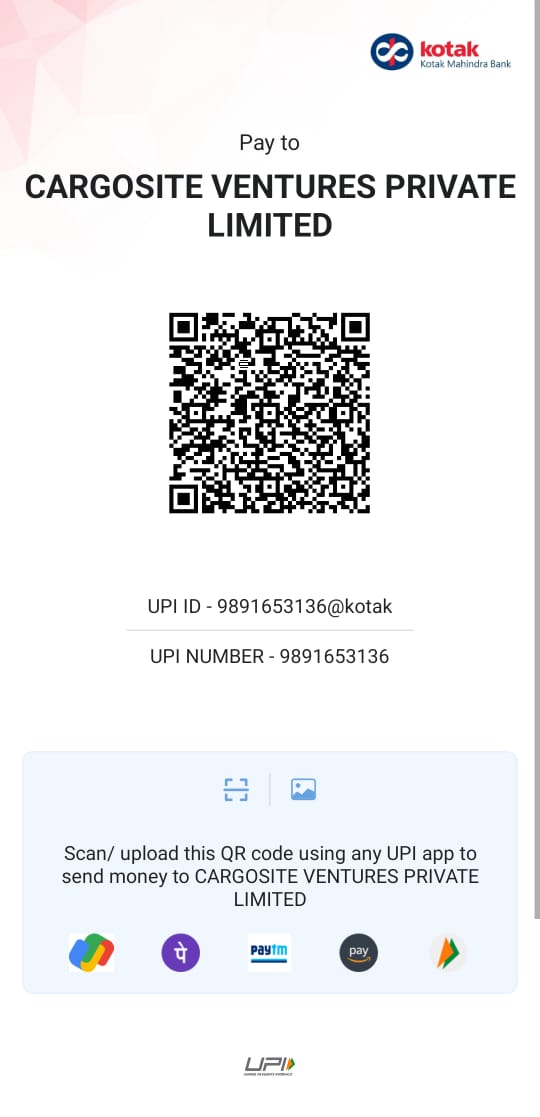Reach to our expert Mr. Kapish @ +91 9971770603
-
Who can apply?
-
Persons already having a licenced private bonded warehouse under Sec. 58. Others can apply simultaneously under Sec. 58 & Sec. 65.
-
Permission can be obtained for any premises. Such premises must be added as an additional place of business under GST.
-
The existing factory premises can also be applied for as a warehouse.
-
A person who is not at all exporting can also apply.
-
The scheme benefits various manufacturers and global online retailers having e-commerce business which also covers operations such as packing, labelling and repacking.
-
Benefits
-
Imported inputs, can be brought into the warehouse without payment of Customs Duties (BCD and IGST) and stored in the warehouse.
-
If the imported goods are exported (either as such, after subjecting to manufacturing or other processes), no need to pay Customs duties on the imported inputs.
-
Capital goods can also be imported and brought to the warehouse without payment of Customs Duties, which shall be payable only when the capital goods are removed from the warehouse.
-
No need to pay any interest till the permitted warehousing period.
-
Paves way for greater cash flow.
-
Self-appointed warehouse keeper and no physical control by “Bond officer”.
-
Warehousing period
-
Capital goods – till they are cleared from the warehouse.
-
Other than capital goods (inputs) – till their consumption or clearance from the warehouse.
-
(At the time of clearance of the resultant products – Para 8 of Circular 34/2019).
-
For trading though warehousing period is one year, interest payable after 90 days.
-
Treatment of waste
-
Waste attributable to the final products cleared for home consumption.
- Waste attributable to the final products exported.
-
Clearance of warehoused goods for home consumption
-
Clearance of warehoused goods for Export
-
Maintenance of records
-
Maintain detailed records of receipt, handling, storing and removal of goods into/ from the facility as per Annexure B.
-
Keep record of each activity, operation or action taken in relation to the warehoused goods.
-
Keep record of drawl of samples from the warehoused goods.
-
Keep copies of the following documents:
-
Bills of Entry
-
Transport documents
-
Forms for transfer of goods from warehouse
-
Shipping Bills
-
Bills of Export
-
Any other documents indicating receipt/ removal of goods from the warehouse
-
-
Update records and accounts accurately and preserve for a minimum 5 years from the date of removal of goods from the facility.
-
Preserve updated digital copies of records at a place other than the facility to prevent loss of records due to natural calamities.
-
File monthly returns within 10 days of closing of the month
